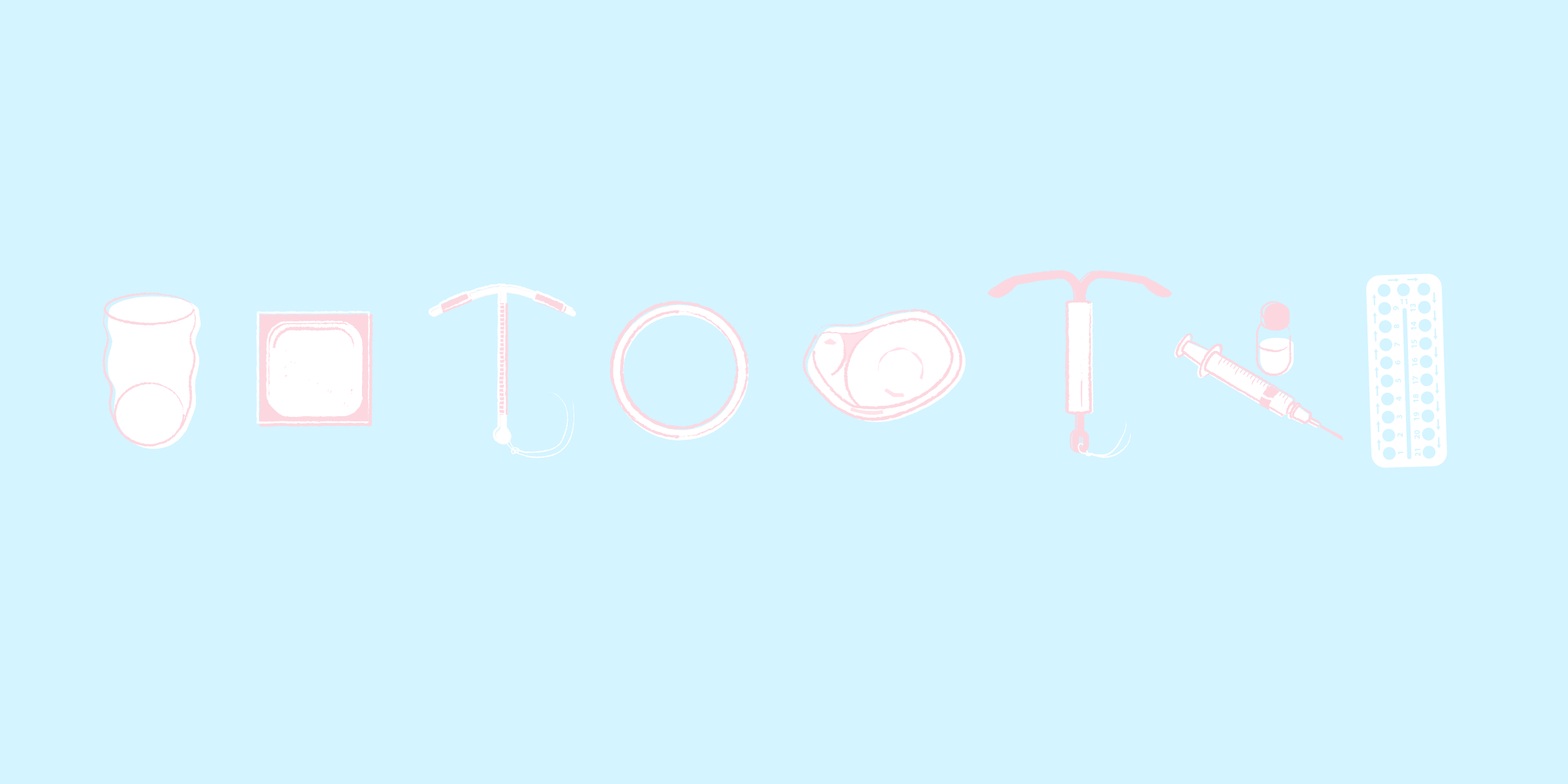Key Takeaways
- With comprehensive health tips, from dietary adjustments to important supplements such as folic acid, the chance of pregnancy can be maximized.
- Find out how to recognize your fertile days and master the psychological preparation without stress through breathing and relaxation exercises.
- Read the article to find out what the first steps are on the path to parenthood.
The desire to get pregnant marks a significant milestone in the lives of many people and can also be a challenge. Numerous factors influence fertility, which can increase or decrease the likelihood of becoming pregnant quickly. From identifying fertile days to seeking medical assistance for difficulties, the process requires patience, knowledge, and often professional advice. Having the right information and understanding when a woman* can become pregnant is a crucial first step toward fulfilling the desire to have children.
In this article, we will delve deeper into the topic and highlight important aspects that everyone who wishes to conceive should know. From preparing the body for pregnancy to recognizing fertile days, psychological preparation, and medical support for difficulties, we will provide helpful tips on how to get pregnant and what points are particularly important when the desire for pregnancy is present. This guide aims to serve as a comprehensive resource to help make the dream of parenthood a reality.
Preparing the Body for Pregnancy
Health Checks
Before planning a pregnancy, a comprehensive health check is essential. A gynecological examination should be conducted to identify potential diseases of the reproductive organs. Additionally, a general health check with a family doctor is recommended, especially for women* with late childbearing plans. This check-up includes blood and urine tests to indicate metabolic diseases such as diabetes or thyroid disorders. A dental visit is also advisable to treat any dental problems that could affect the unborn child.
Dietary Adjustments
A balanced diet is fundamental for a healthy pregnancy. Even before pregnancy, attention should be paid to a nutrient-rich diet high in vitamins and minerals. It is especially important to monitor thyroid function and adjust the diet to meet the increased need for certain nutrients, such as iron and folic acid. Abstaining from alcohol and cigarettes, as well as reducing caffeine, is also recommended to increase the chances of a healthy pregnancy.
Folic Acid and Other Supplements
Taking folic acid is particularly critical to minimize the risk of neural tube defects in the fetus. Women* who want to become pregnant should take 400 µg of folic acid daily, ideally starting at least four weeks before conception and continuing until the end of the first trimester. Besides folic acid, other supplements like iron and vitamin D can be important to meet the increased needs during pregnancy and support the health of both mother and child.
Recognizing Fertile Days
Cycle Monitoring
Cycle monitoring plays a crucial role in determining a woman's fertile days. Using ultrasound and hormone diagnostics, the exact time of ovulation can be determined in specialized fertility centers. This precision allows couples to time intercourse to maximize the chances of pregnancy. This method is particularly helpful for irregular cycles.
Natural Family Planning
Natural Family Planning (NFP) is a method where women* observe and document physical signs of their cycle to determine their fertile days. This includes measuring basal body temperature and observing cervical mucus. These symptoms provide insights into the timing of ovulation. It's important to understand that the reliability of this method increases with the user's experience and requires a certain learning period. Women* using this method are not dependent on a regular cycle, making it particularly flexible.
Ovulation Tests
Ovulation tests are simple and effective tools that measure the surge in luteinizing hormone (LH) in the urine, which rises shortly before ovulation. These tests allow women* to pinpoint their most fertile days accurately. Using these tests in combination with other methods, such as observing cervical mucus, can further increase accuracy. It is recommended to start using the tests a few days before the expected ovulation and to conduct them regularly to not miss the LH surge.
Psychological Preparation
Stress Management
During pregnancy, stress management is crucial to promote well-being and create a healthy environment for the baby. It is important for expectant mothers to become aware of their individual stress factors and learn to manage them effectively. Relaxation techniques such as autogenic training or gentle, meditative exercises like yoga or Qi Gong can help restore calm and balance.
Relaxation Exercises
Simple breathing and relaxation exercises can help maintain calm and prepare for the upcoming birth. Techniques such as progressive muscle relaxation according to Jacobson or meditation can effectively help shift the focus away from pain and towards conscious breathing. These exercises are easy to perform, can be done anywhere, and also counteract emerging stress.
Supporting the Partnership
Pregnancy is a time of significant emotional changes that affect not only the expectant mother but also her partner. It is crucial for couples to communicate openly and regularly share their feelings, fears, and thoughts. This builds an important emotional bridge and provides both partners with the necessary support. Partner communication can help overcome different perceptions and experiences and strengthen the relationship during this challenging time.
Medical Support for Difficulties
Fertility Clinics
Fertility clinics offer comprehensive support for couples who have difficulty conceiving naturally. They conduct detailed diagnoses and determine appropriate treatment methods to meet the individual needs of each couple. These specialized centers offer a variety of treatments, ranging from simple hormonal therapies to more complex procedures such as in vitro fertilization.
Specialized Examinations
Before starting treatment at a fertility clinic, extensive examinations are carried out. These include hormone analyses, ultrasound examinations, and specific tests to check the patency of the fallopian tubes. For men, examinations with a urologist may be necessary to evaluate sperm quality and function. These diagnostic steps are crucial to identify the causes of infertility and plan targeted treatment.
Possible Treatments
Depending on the diagnostic results, various treatment options may be considered. These include hormonal stimulations to promote ovulation and insemination, where sperm are introduced directly into the uterus. In more severe cases, in vitro fertilization or intracytoplasmic sperm injection may be necessary. These methods significantly increase the chances of a successful pregnancy, especially when conventional methods have not been successful.
Conclusion
In summary, the path to a successful pregnancy begins with thorough preparation of the body and mind, covering essential aspects such as health checks, dietary adjustments, and psychological preparation. Paying attention to these elements can significantly contribute to making the desire for children a reality. Furthermore, recognizing fertile days and seeking medical support when needed play a crucial role. This combined approach allows couples to maximize their chances of pregnancy and best prepare for the journey to parenthood.
The importance of comprehensive preparation and an informed approach cannot be overstated. It not only forms the foundation for a healthy pregnancy but also strengthens the relationship between partners during this shared adventure. By becoming aware of the available resources and support measures, couples can make informed decisions leading to a safe and fulfilling pregnancy. Ultimately, every pregnancy is a unique experience, and proactive planning can help make this special life phase as smooth and joyful as possible.
Medically Reviewed
This text was created by medical editors on the basis of specialist medical literature and current studies. Our aim is to work scientifically, identify sources and regularly check that the content is up to date.
References & Literature
- Baker FC, Siboza F, Fuller A. Temperature regulation in women: Effects of the menstrual cycle. Temperature (Austin). 2020;7(3):226-62.
- David, Matthias, and Andreas D. Ebert. "Schwanger?! Zur Geschichte eines besonderen Tests." Geburtshilfe und Frauenheilkunde 82.07 (2022): 679-683.
- Facharztmagazine, Redaktion. "Spermienfreundliches Vaginalmilieu erhöht Empfängnischance." gynäkologie+ geburtshilfe 26.2 (2021): 56-56.
- Guder, W. G. "Schwangerschaftstest im Urin." Lexikon der Medizinischen Laboratoriumsdiagnostik. Springer, Berlin, Heidelberg, 2019. 2124-2124.
- Kalantaridou, S. N. et al. (2004). Stress and the female reproductive system. Journal of Reproductive Immunology, 62(1), 61–68.
- Neena B. Schwartz. (1974). The Role of FSH and LH and of Their Antibodies on Follicle Growth and on Ovulation. Biology of Reproduction, Volume 10, Issue 2, 1 March 1974, Pages 236–272
- Reed BG, Carr BR. The Normal Menstrual Cycle and the Control of Ovulation. In: Feingold KR, Anawalt B, Boyce A, Chrousos G, de Herder WW, Dhatariya K, et al., editors. Endotext. South Dartmouth (MA): MDText.com, Inc. Copyright © 2000-2022, MDText.com, Inc.; 2000.





